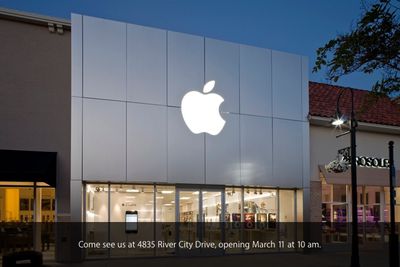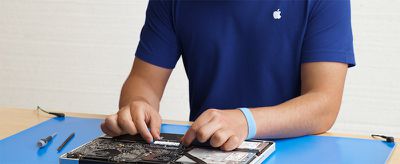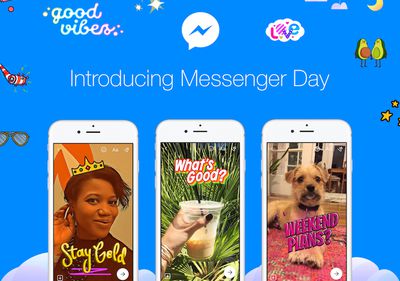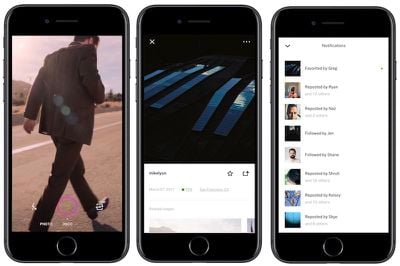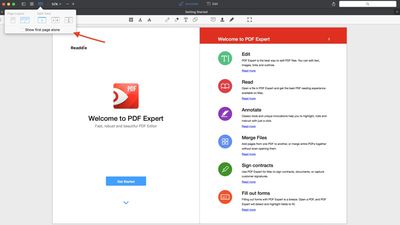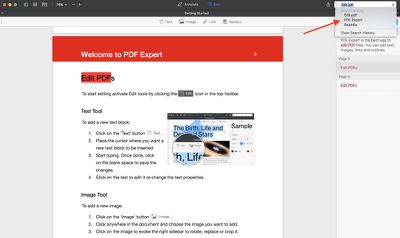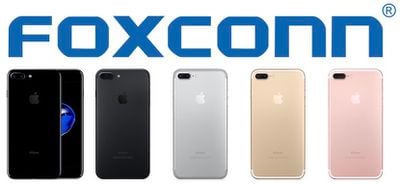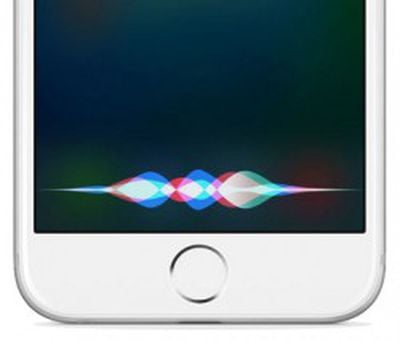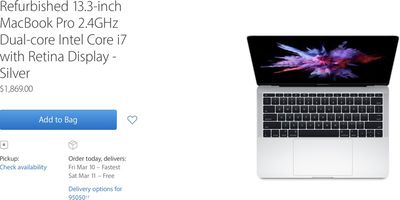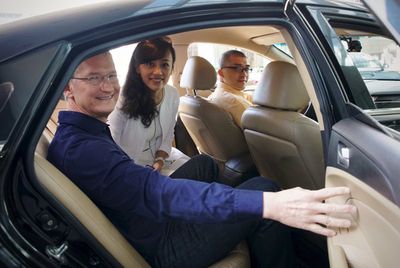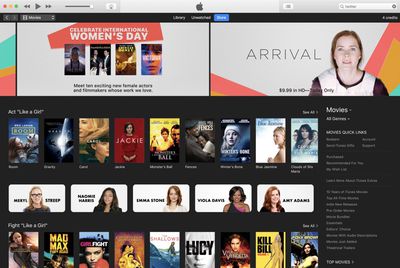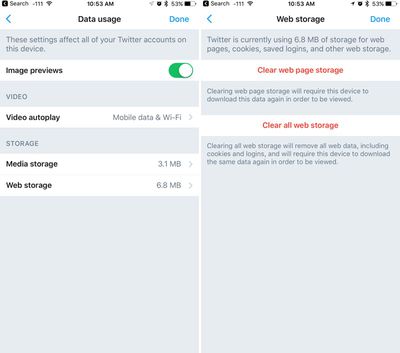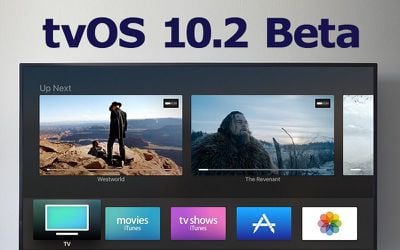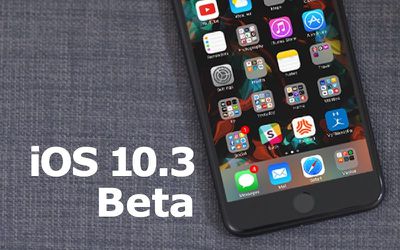Plex today announced that its new Plex Cloud service has officially launched, making it available to all Plex Pass users. Plex Cloud has been in beta testing since September of 2016, but is now ready for a wider release.
Plex Cloud is designed to allow Plex users to store their media in the cloud so that it's accessible from anywhere without the need to set up a local server.

Using a compatible cloud service, Plex Pass subscribers can create an always-on Plex Media Server that can stream any media content to any device with Plex installed in 60 seconds or less. As with a standard local server, media is organized using the Plex app for quick access to TV shows, movies, music, pictures, and more.
Because Plex Cloud relies on cloud storage, Plex Pass customers will need access to Dropbox, Google Drive, or OneDrive. A subscription may be required, based on how much storage space is required for an individual's media library.
A Plex Pass is also required for access to Plex Cloud. The Plex Pass, which includes access to other upgraded features as well, is priced at $4.99 per month, $39.99 per year, or $119.99 for lifetime usage.


